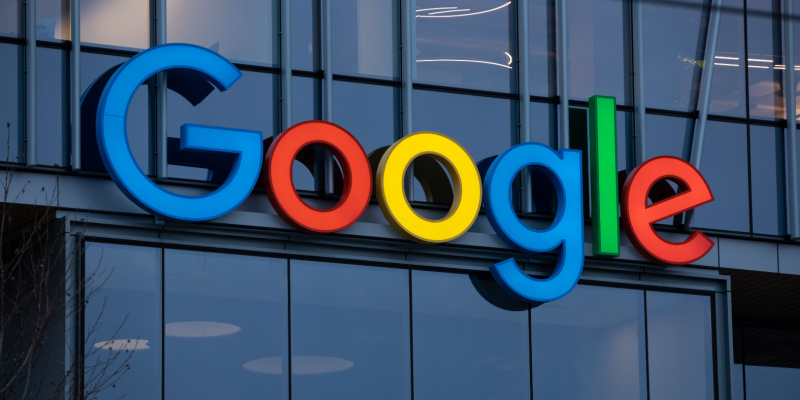seniorspectrumnewspaper – Google plans to restrict app installs on certified Android devices starting next year. Users will only be able to install apps from developers verified by Google. This new rule aims to reduce malware risks by ensuring accountability and stopping fake or harmful apps.
The company likens the process to an “ID check at the airport.” It will make it much harder for malicious actors to impersonate trusted developers or brands to distribute fake apps. Suzanne Frey, Android’s VP of product, trust, and growth, explains this verification will prevent attackers from quickly launching another harmful app after the first is removed.
This developer verification program already exists for apps on Google Play since 2023. Google will now extend it to apps installed outside of the Play Store, also known as sideloaded apps. The move is designed to protect Android users who sideload apps, a method that currently carries higher malware risks.
Google will begin rolling out this verification process in late 2026, starting with Brazil, Singapore, Indonesia, and Thailand. By 2027, it plans to expand the program globally. Developers can apply for early access, with invites starting in October this year.
To facilitate verification, Google will launch a new Android Developer Console specifically for developers distributing apps outside of Google Play. This console will allow developers to manage their identity and register app package names securely. Developers who publish both inside and outside Google Play will continue using their existing Play Console accounts, with a new option to register non-Play apps.
Google recognizes that students and hobbyists have different needs than commercial developers. The company promises to offer a separate type of Developer Console account tailored to these groups to ensure they are not burdened by the new requirements.
Why Google’s Developer Verification Is Crucial and What It Means for Users and Developers
Google’s expanded verification process follows alarming findings about Android security. Research shows Android devices are 50 times more likely to get malware from sideloaded apps than apps downloaded from Google Play. This highlights the risks users face when installing apps from unverified sources.
By requiring developer verification, Google hopes to bring more transparency and trust to the app installation process. Verified developer identities will make it easier to hold bad actors accountable and prevent repeated malware attacks. This step aims to protect users without banning sideloading altogether.
The move echoes warnings from Apple CEO Tim Cook, who in 2022 cautioned about the dangers of sideloading. However, regulatory pressures like the EU’s Digital Markets Act compel Apple to allow third-party app marketplaces, balancing security and user choice.
Read More : Donald Trump Warns of Tariffs Over Tech Discrimination
For Android developers, the new system will require setting up verified identities, which may involve more steps but ultimately enhances user trust. Google’s focus on maintaining a separate system for hobbyists and students shows an effort to support smaller creators without stifling innovation.
Users will still be able to sideload apps, but only those from verified developers. This means safer app installs and fewer risks of malware infections. As Google rolls out the new system globally, it will be important for developers to prepare for verification and for users to understand the benefits of enhanced security.
This change signals a major shift in Android’s app ecosystem, prioritizing safety and accountability while preserving user freedom. Over time, it should help build a more secure environment for Android users worldwide.


